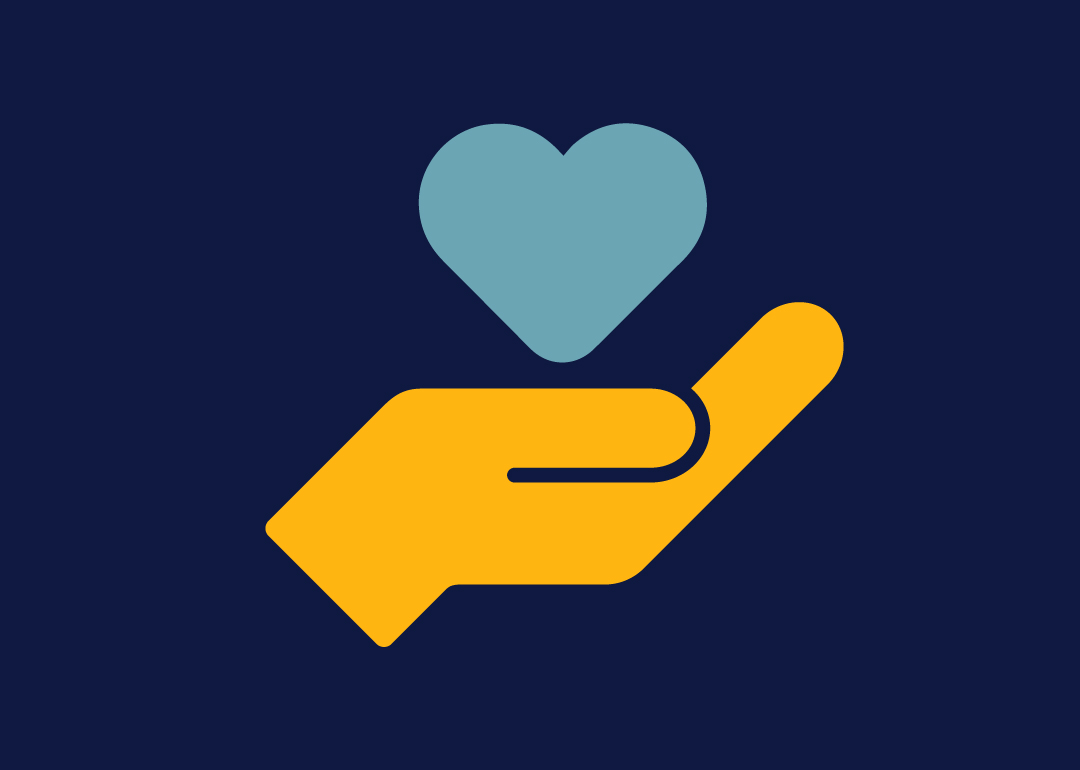So, you’ve decided to become a nurse? Well, you’ve made a great career choice and one you’ll find very rewarding. But how do you actually go about it? Becoming a nurse requires lots of hard work and study but with the right amount of determination, you’ll get there.
Once you've decided why you want to become a nurse, you will need to do some research on how to get there. We look at:
- nursing degrees
- nursing apprenticeships
- different specialisms in nursing
degree/undergraduate courses.
The normal way into the profession is to study for a degree in nursing that is approved by the Nursing and Midwifery Council (NMC). Courses take three years (four years on a dual subject degree, two years for accelerated courses) and you’ll need to apply through UCAS. You can do a degree part-time but you’ll need to contact individual universities to find out how to apply.
Different universities will have different entry requirements but generally, you’ll need five GCSEs (grades A*-C) including English, maths and at least one science, alongside at least two A-Levels with at least one of those being in a science-based subject.
You may be called for interview and you’ll need to demonstrate why you want to become a nurse. Any placements undertaken in a healthcare setting are always good. Placements alongside working nurses are even better. If you struggle to get a placement, then shadowing a nurse or talking to them about what the role entails is useful.
Whilst at university you’ll receive a mixture of classroom-based and practical learning, undertaking various placements throughout the course to give you hands on experience. Once you graduate you’ll need to register with the NMC before you can take up a nursing position.
degree apprenticeships.
Degree apprenticeships in nursing have been developed in conjunction with the NHS and are due to be launched this year. They’re a great alternative to the degree route if you prefer a more vocational form of training. Plus, an apprenticeship allows you to earn while you learn. You’ll deliver hands on care alongside experienced nurses whilst studying for a degree level qualification at the same time.
Up to 1,000 places are likely to be available under this route later this year. Most apprenticeships will take around four years, though the exact details and entry requirements have yet to be released.
nursing specialisms.
One of the great things about nursing is the huge variety of roles you can get into once you qualify. You might prefer to work in the local community within a doctor’s surgery or you might decide A&E is for you. Here are just a few of the options:
Adult nursing – You will look after adults from 18 to 65. This could be on a general ward in a hospital or it could be in a doctor’s surgery administering injections, performing minor procedures and drawing blood.
Children’s nursing – With paediatric nursing you could be working with young people or even babies. You could work on a children’s ward within a hospital or choose a premature baby unit.
Learning disability nursing – You will help people of all ages to live as full and independent lives as possible. Much of the work is community-based or in supported-living settings.
Mental health nursing – You will work with people with various mental health issues. Often community-based, in this role you will help people manage their conditions and live as independently as possible or you will help them recover from illness.







